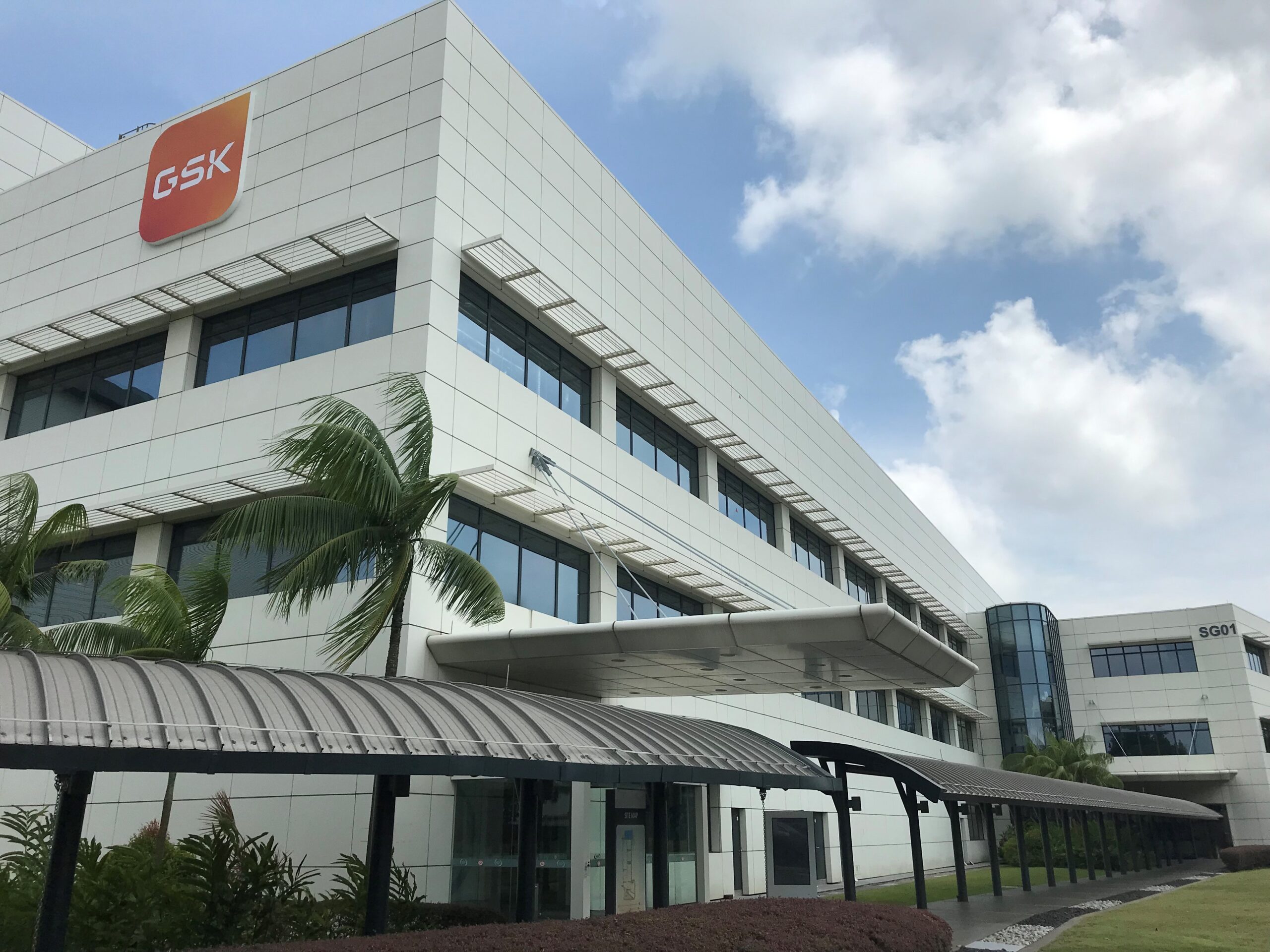ViiV Healthcare, the global specialist HIV company majority owned by GSK, with Pfizer and Shionogi as shareholders, today announced positive findings from the company’s EMBRACE Phase 2B study. The investigation found that N6LS (VH3810109 or VH109), given every four months in combination with monthly cabotegravir long-acting (CAB LA), successfully kept viral levels suppressed in adults living with HIV who were already stable on treatment.
The Conference on Retroviruses and Opportunistic Infections (CROI 2025) in San Francisco, California, had a presentation of these findings today.
As leaders in long-acting injectable innovation, we are building on the positive patient and physician experience we have with Cabenuva and pioneering the next generation of long-acting treatment options. The EMBRACE study demonstrated that VH109, a CD4-binding broadly neutralising antibody, administered every four months with cabotegravir, achieved high efficacy and was well tolerated through six months. We’re looking forward to continuing the development of VH109 as a component of our future ultra long-acting regimens.
Kimberly Smith
96% of patients receiving VH109 60 mg/kg intravenously (IV) and 88% receiving VH109 3000 mg subcutaneously (SC) with rHuPH20 maintained HIV-1 RNA levels below 50 copies/mL, according to the EMBRACE study’s six-month primary endpoint results. This is in contrast to 96% of the standard-of-care group. Every four months, both arms received VH109 in addition to monthly CAB-LA. Two individuals from each VH109 group had confirmed virologic failure.
In contrast to none in the standard-of-care group, at month six, 4% of the IV group and 6% of the SC group had HIV-1 RNA levels of 50 copies/mL or higher.
Although infusion site responses were more common with SC treatment 14% than with IV administration, VH109 was generally well tolerated. In the SC group, 16% of patients experienced grade 3–4 adverse events (erythema), whereas 64% of the IV group and 65% of the SC group reported adverse events unique to the administration of study medicine. There were no grade 3–4 adverse events reported by any of the IV group individuals.
ViiV Healthcare will be moving forward with a six-month IV formulation of VH109 in conjunction with CAB-LA for additional assessment in an EMBRACE part two study, based on the positive trial results.
Also Read: AstraZeneca Released Satisfactory Results of 24 Weeks CALYPSO Phase III Trial for Eneboparatide
Cabenuva
When a person is virologically suppressed (HIV-1 RNA <50 c/ml), on a stable antiretroviral regimen, has no history of treatment failure, and has no known or suspected resistance to either cabotegravir or rilpivirine, Cabenuva is recommended as a complete regimen for the treatment of HIV-1 infection in adults and adolescents 12 years of age and older who weigh at least 35 kg.
Source: GSK
Last Modified:






